
Are you having a problem with your home’s electrical circuits tripping and you need help to figure out the problem? We have some answers to your problem and hopefully, we can help you find the solution.
A circuit is installed in your home’s electrical panel and is designed to trip your breaker when it is overloaded. Overloading the circuit is when your devices or appliances are trying to draw too much power. A good rule of thumb is to only use the 80% rule when powering items in your home.
Example: If you are using a 20 Amp breaker then it is safely able to run on about 16 Amps for extended use. If you are using 20 Amps your breaker will likely trip.
Try to remember the cause of a circuit breaker tripping is usually dangerous. When a circuit trips it is typically an unwanted occurrence, but we should keep in mind the process is there to save our lives and our homes.

What if you are not overloading your breaker? Overloading is not the only reason a circuit breaker might trip. A damaged extension cord, loose or damaged wires, and even weak or old breakers can be the cause of your problem.
When your breaker trips try to remember all the items you had plugged in and in use during the time of the trip. Think about which device you last turned on, recently added, and may be causing the problem.

Do some investigative work and try to listen for any appliances or devices that are making funny or unusual noises, running hot, or improperly. The appliances may be broken and drawing more amperage than they should be.
Unplug the items you had plugged into the circuit when it tripped and let the breaker rest for a few moments. Reset your breaker and then start plugging one item in at a time to find the problem.
Resetting a tripped breaker is as simple as turning the switch to the off position and then back on.
Pro Tip: Keep a flashlight near your breaker box in case it is dark, and you cannot see what you are doing.
As you are troubleshooting your devices and appliances to find the problem your breaker may trip again, you can just repeat the process to find the solution. Once you figure out the problem you can use fewer devices or have an electrician install a new circuit and outlet to handle to load your home requires.
If your breaker continues to trip and you cannot locate the problem, have a certified electrician take a look because you may have a more serious problem. Your breaker is used to avoid any electrical faults, so you don’t want to leave this problem unresolved.
Safety Tip: Always hire a certified electrician to install new or work on existing electrical in your home.
What if your problem is not from overloading? You will have to find the problem. As mentioned, you could have damaged outlets, cables, wires, etc. This will require you to find them and replace them immediately to avoid a fire hazard.

Have you had any other reasons your circuits were breaking? What were those reasons and how did you find a solution to your problem? If you have any further questions, reach out to our team of dedicated sales engineers for help.
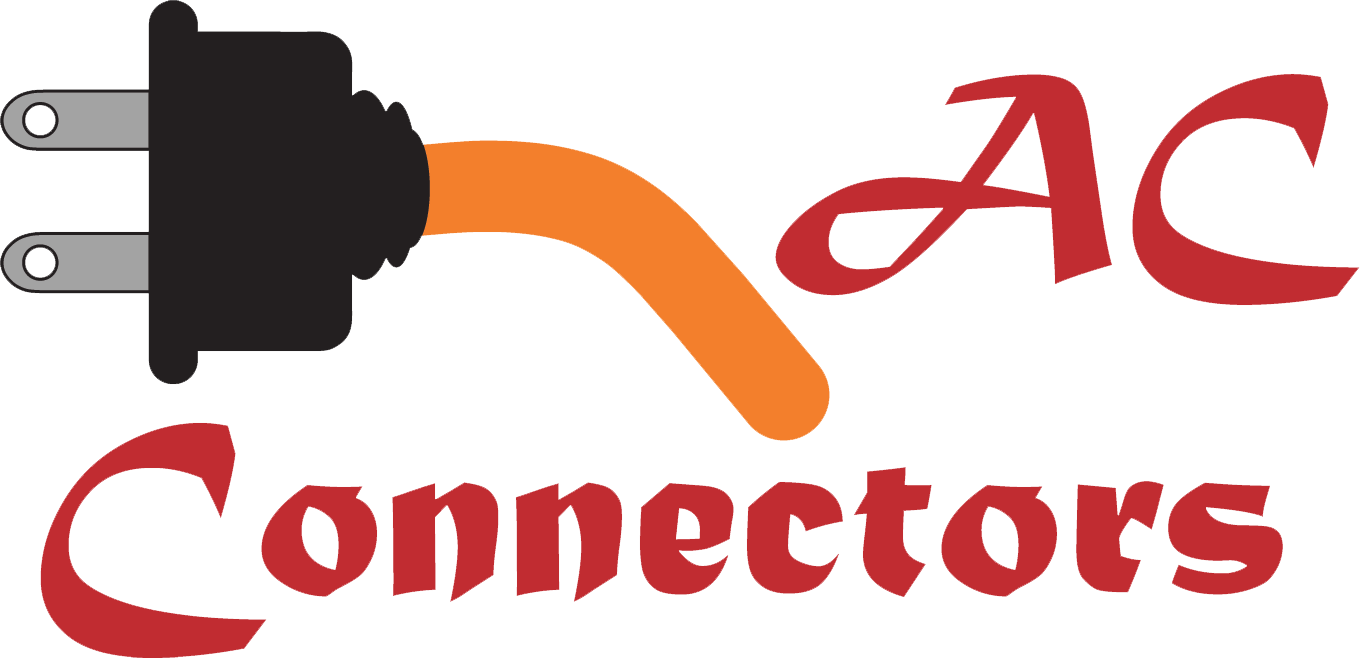

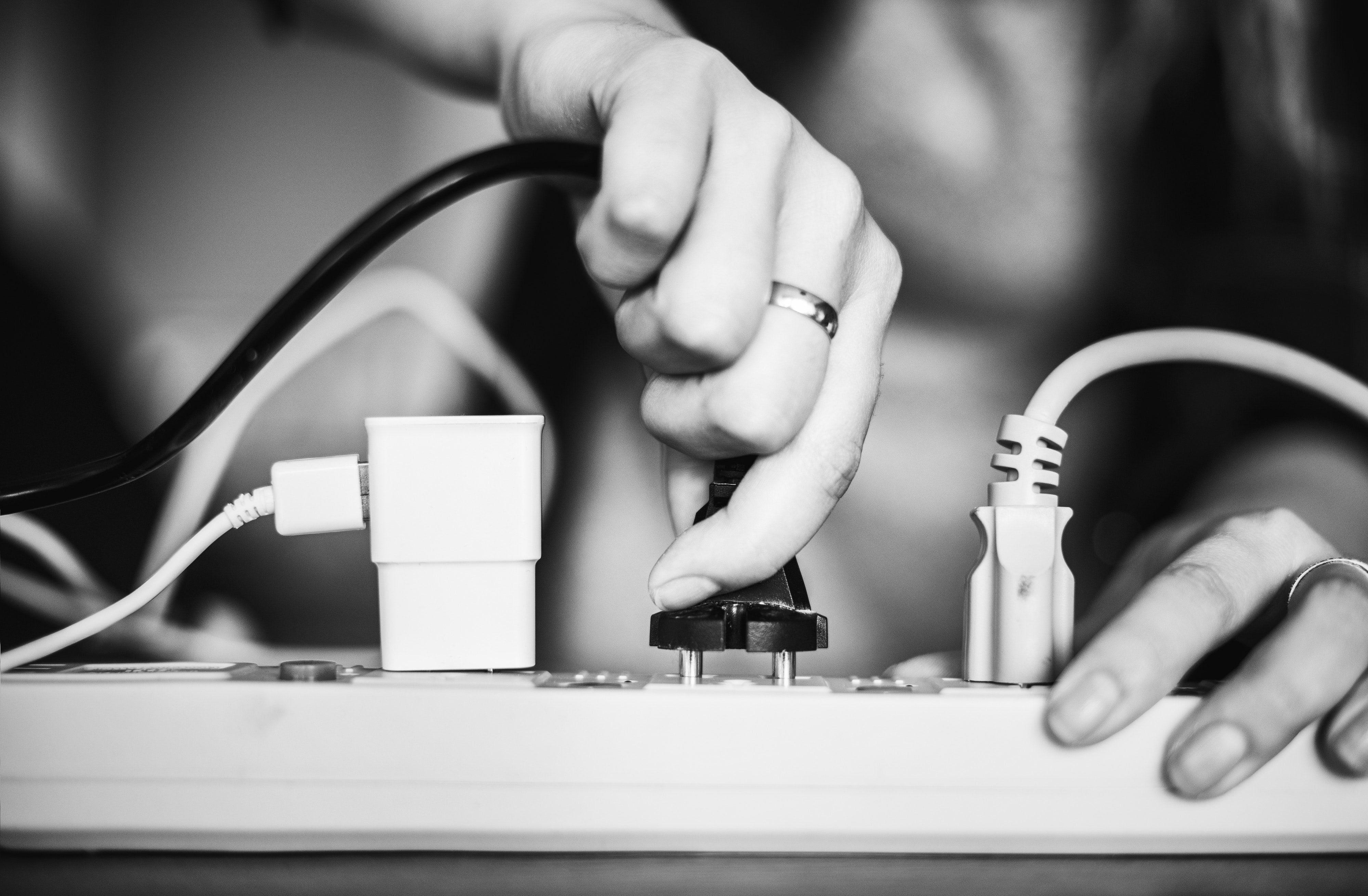

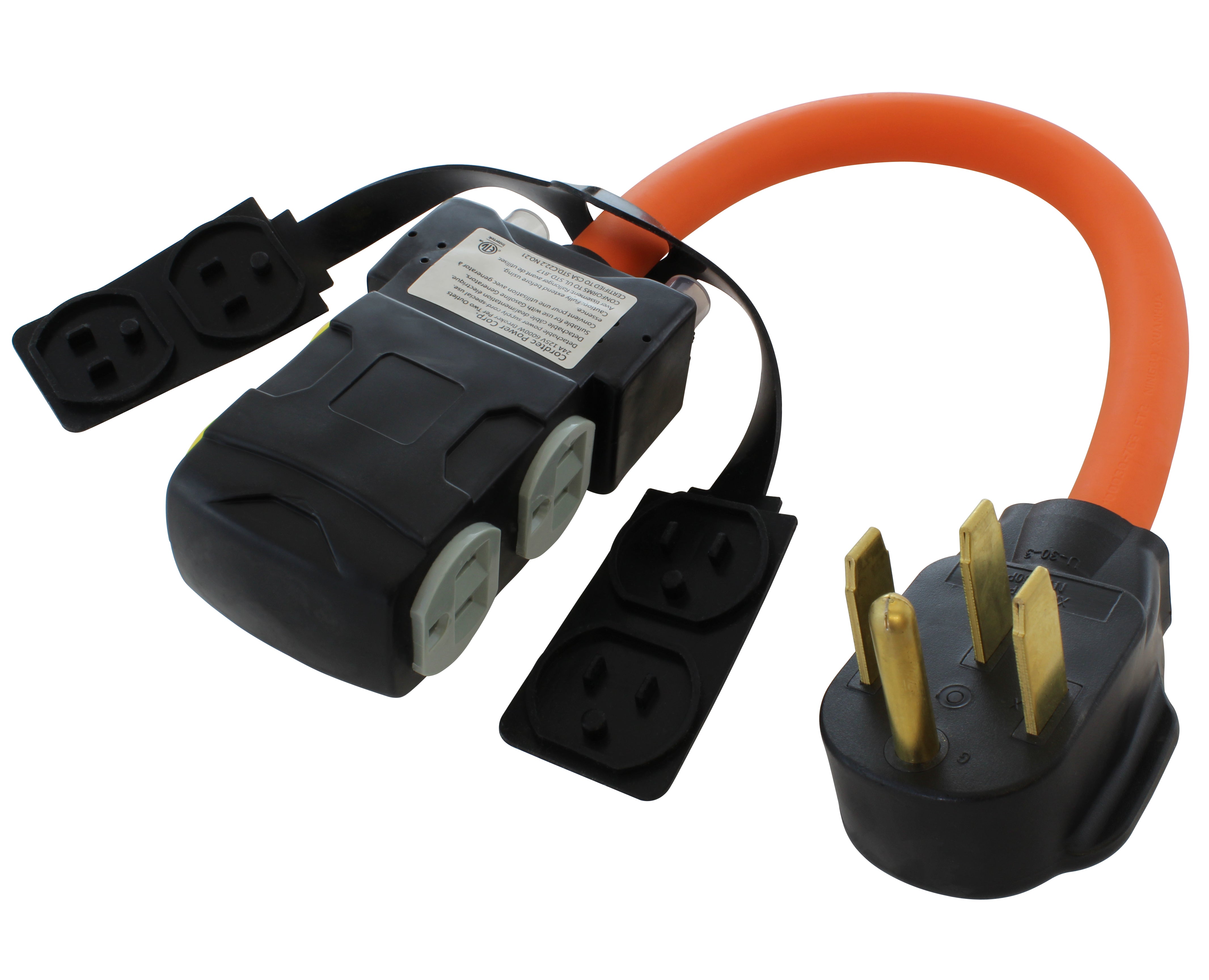
![AC WORKS® [ASINSS2PBX-G] 50A Locking 4-Wire CS6375/ SS2-50 Heavy-Duty Transfer Switch Inlet Box](http://acworks.com/cdn/shop/files/ASINSS2PBX-0_0206b362-7c90-42a5-8754-0685c13dab7e.jpg?v=1758051675&width=2500)
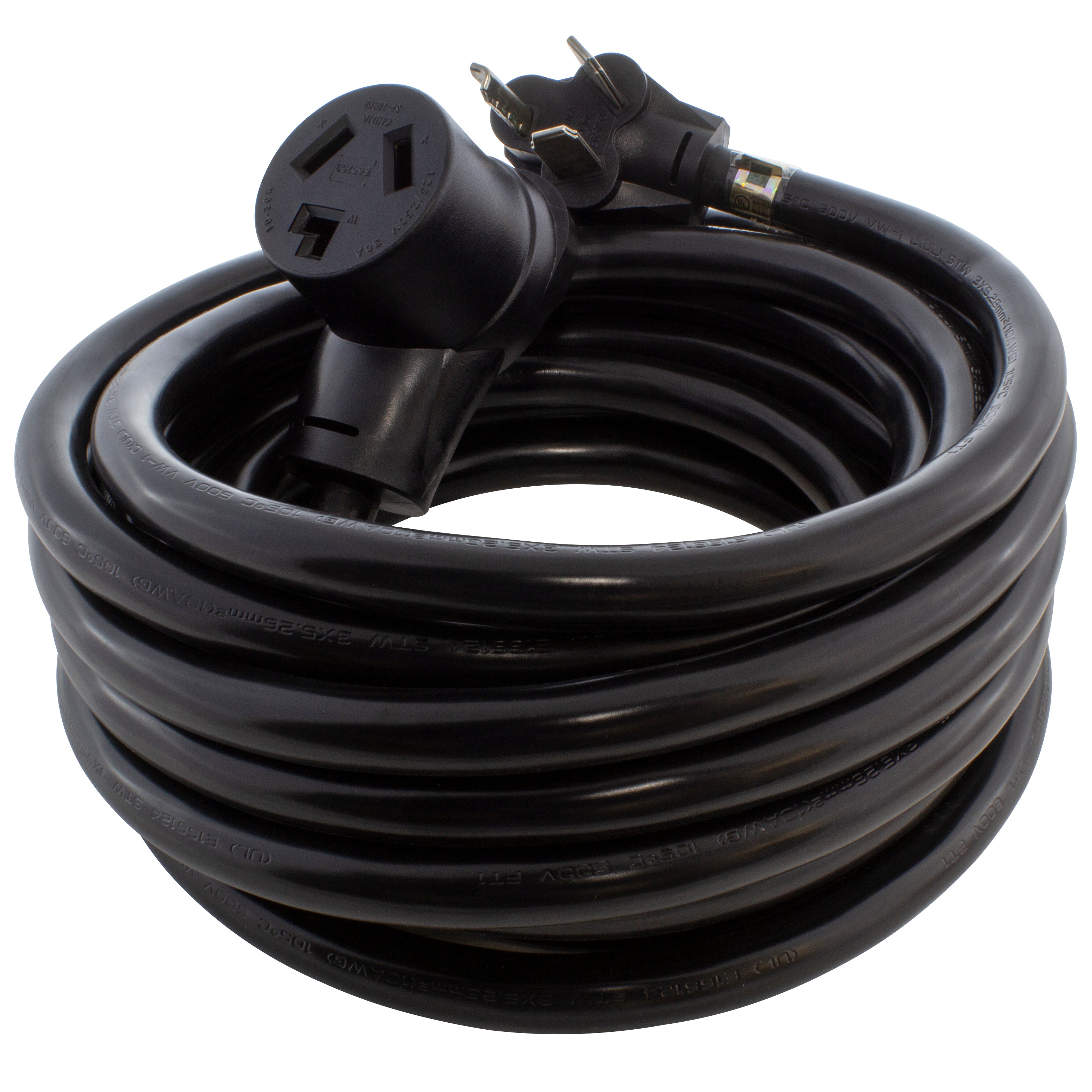
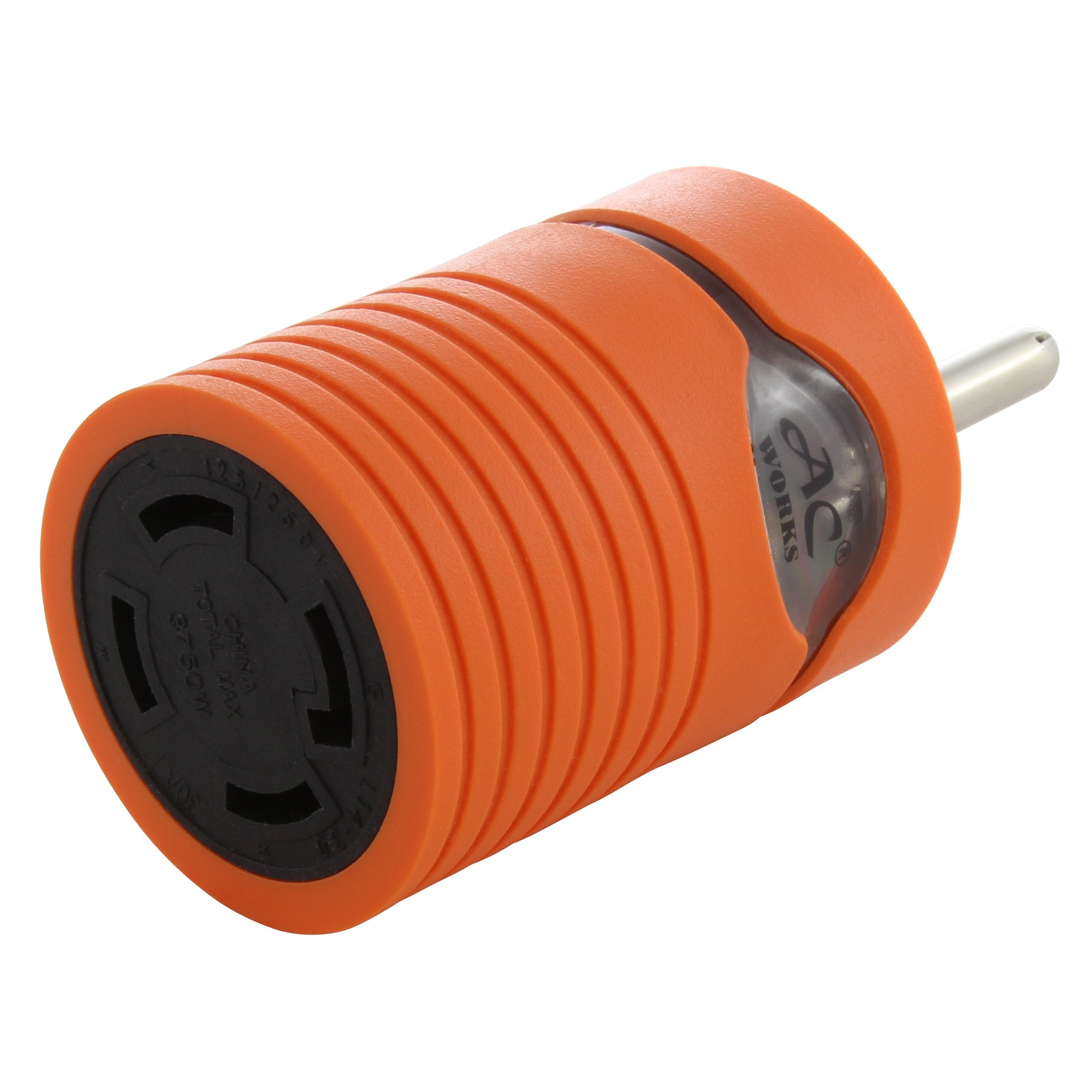
![AC WORKS® [S1430CBF520] 1.5FT 14-30P 4-Prong Dryer Plug to (4) Household Outlets with 24A Breaker](http://acworks.com/cdn/shop/products/S1430CBF520.jpg?v=1666103519&width=4656)
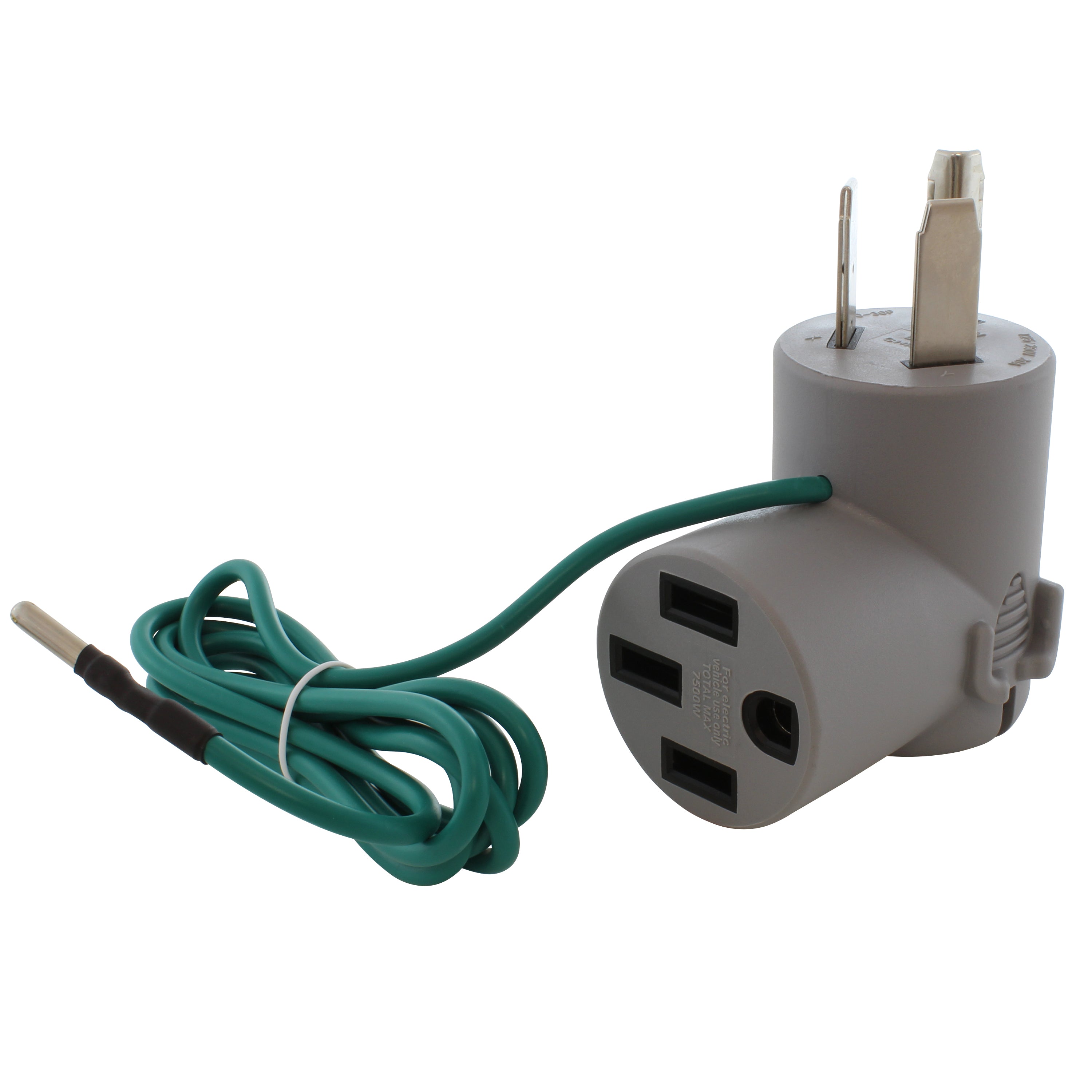
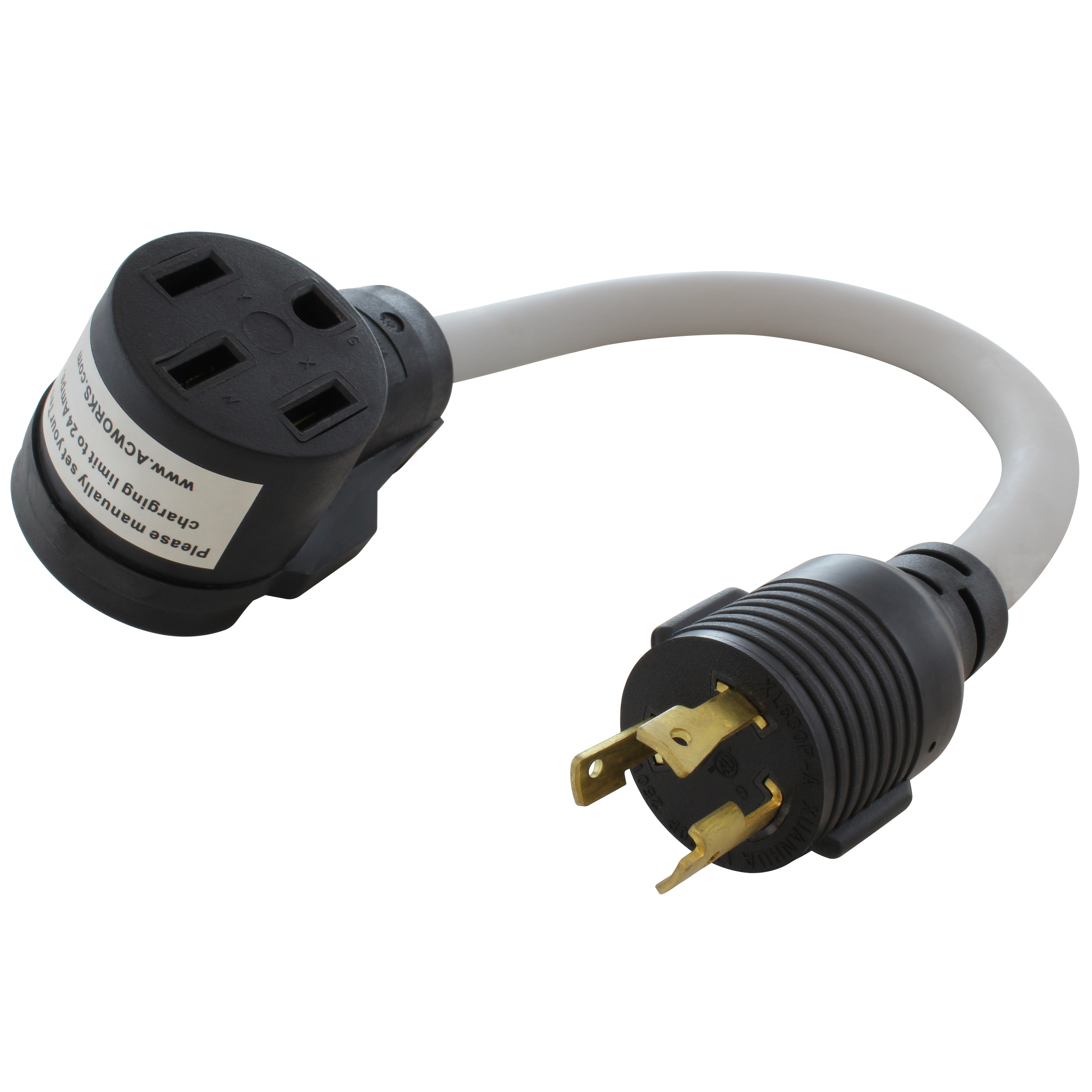
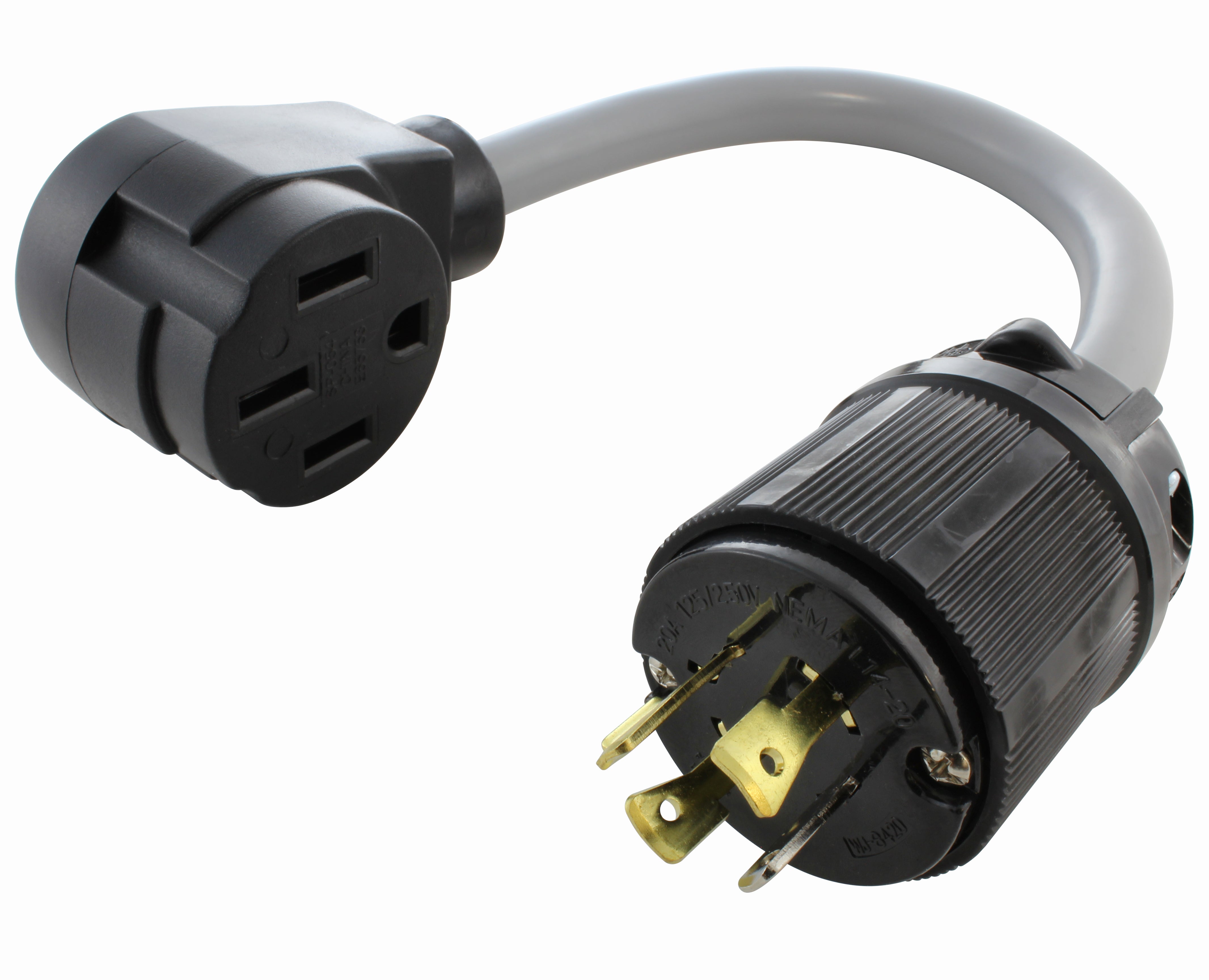
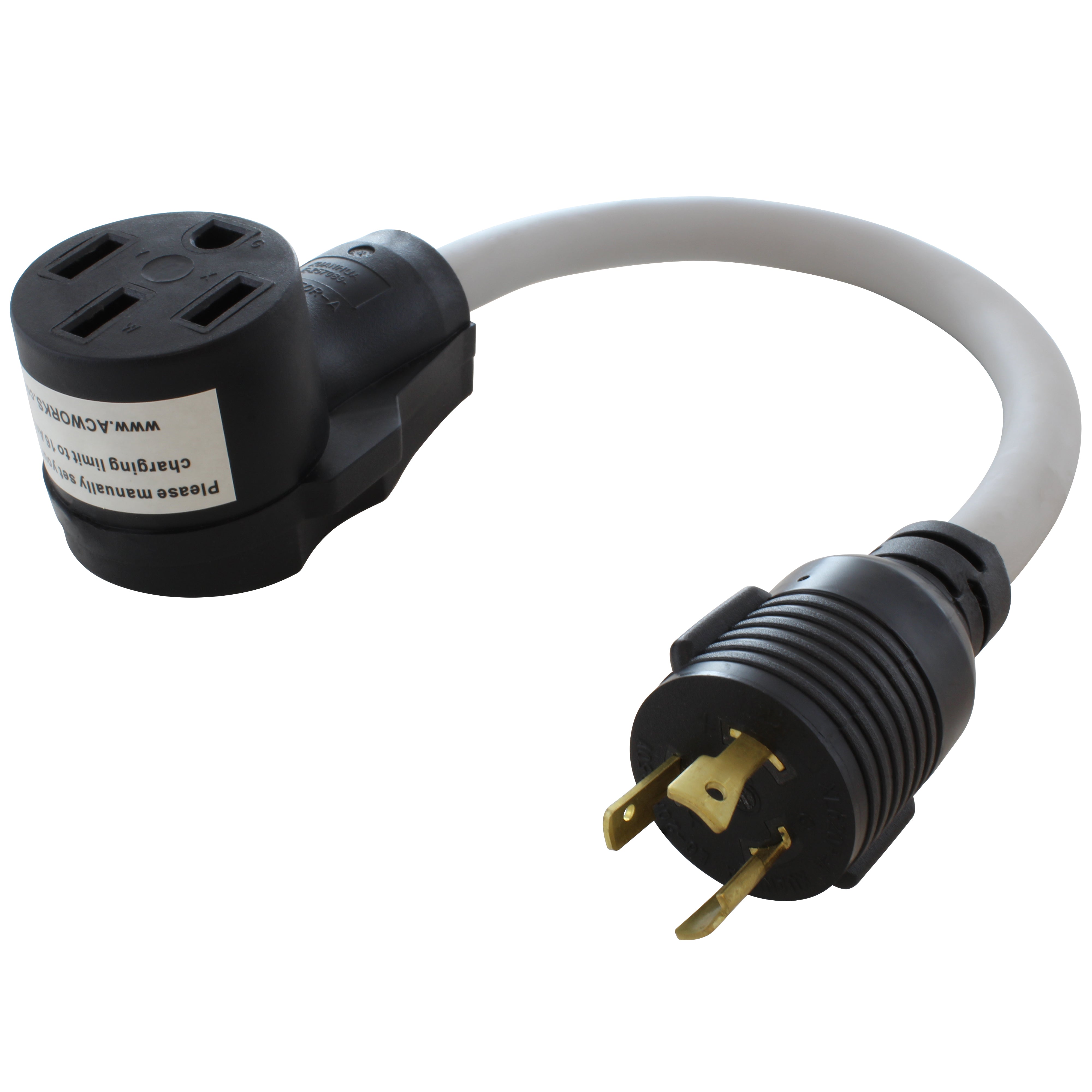
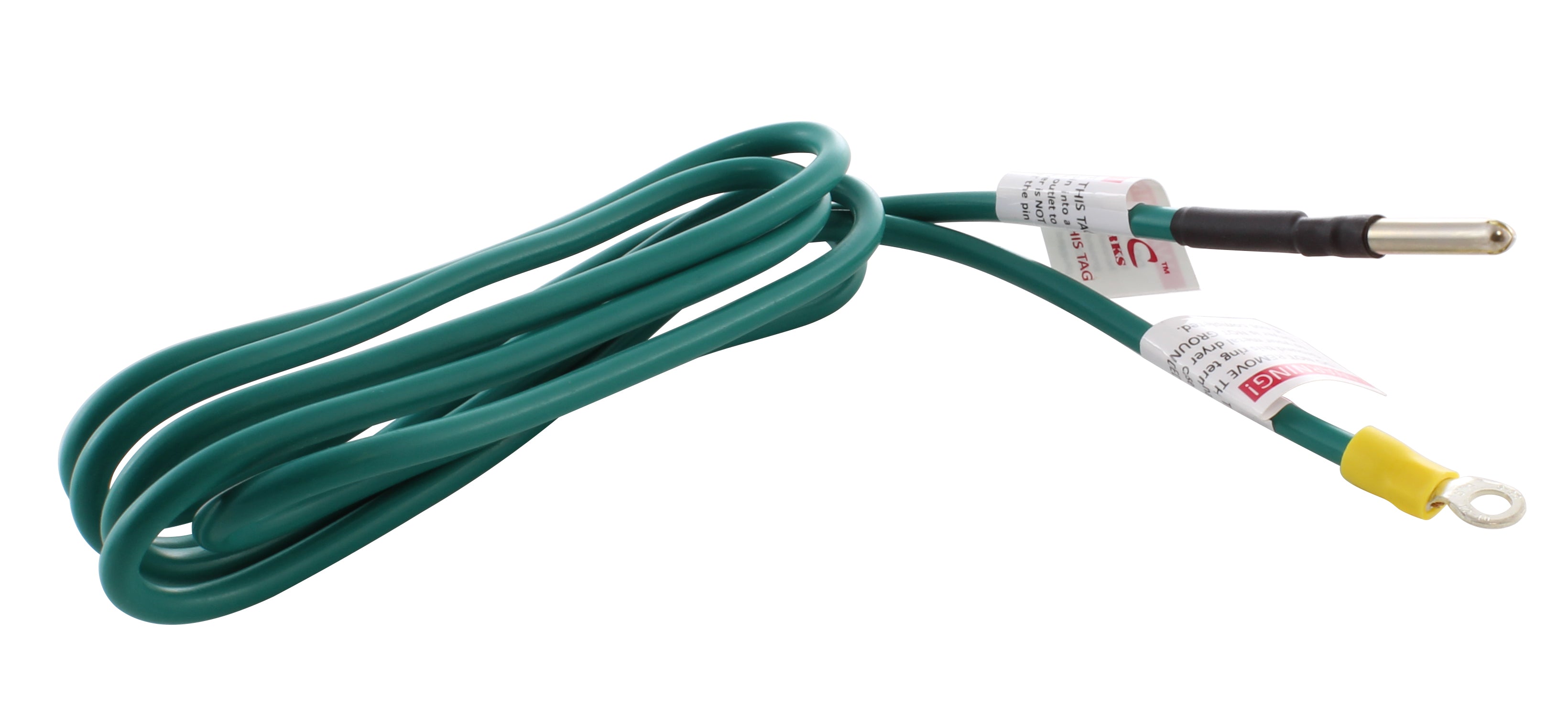
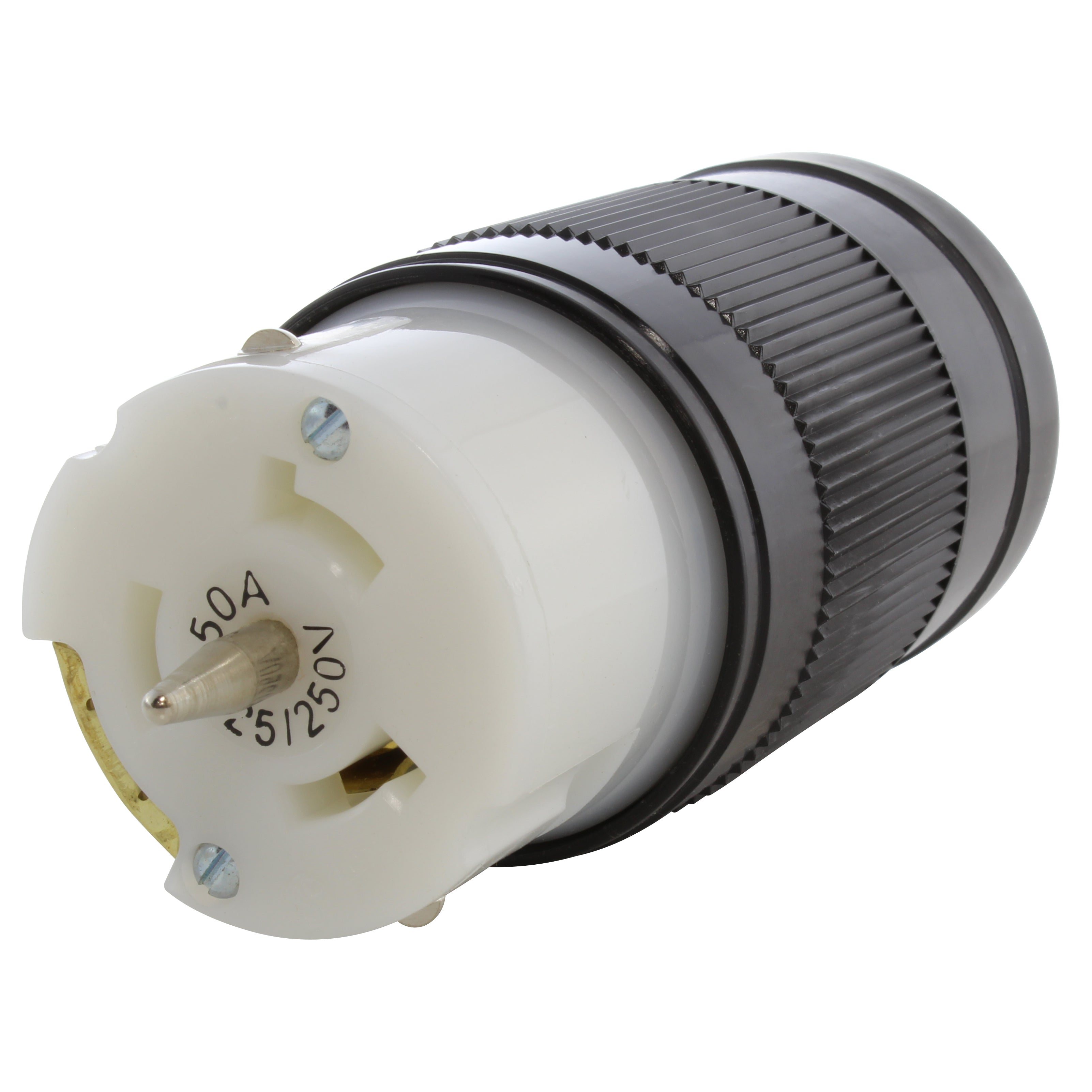
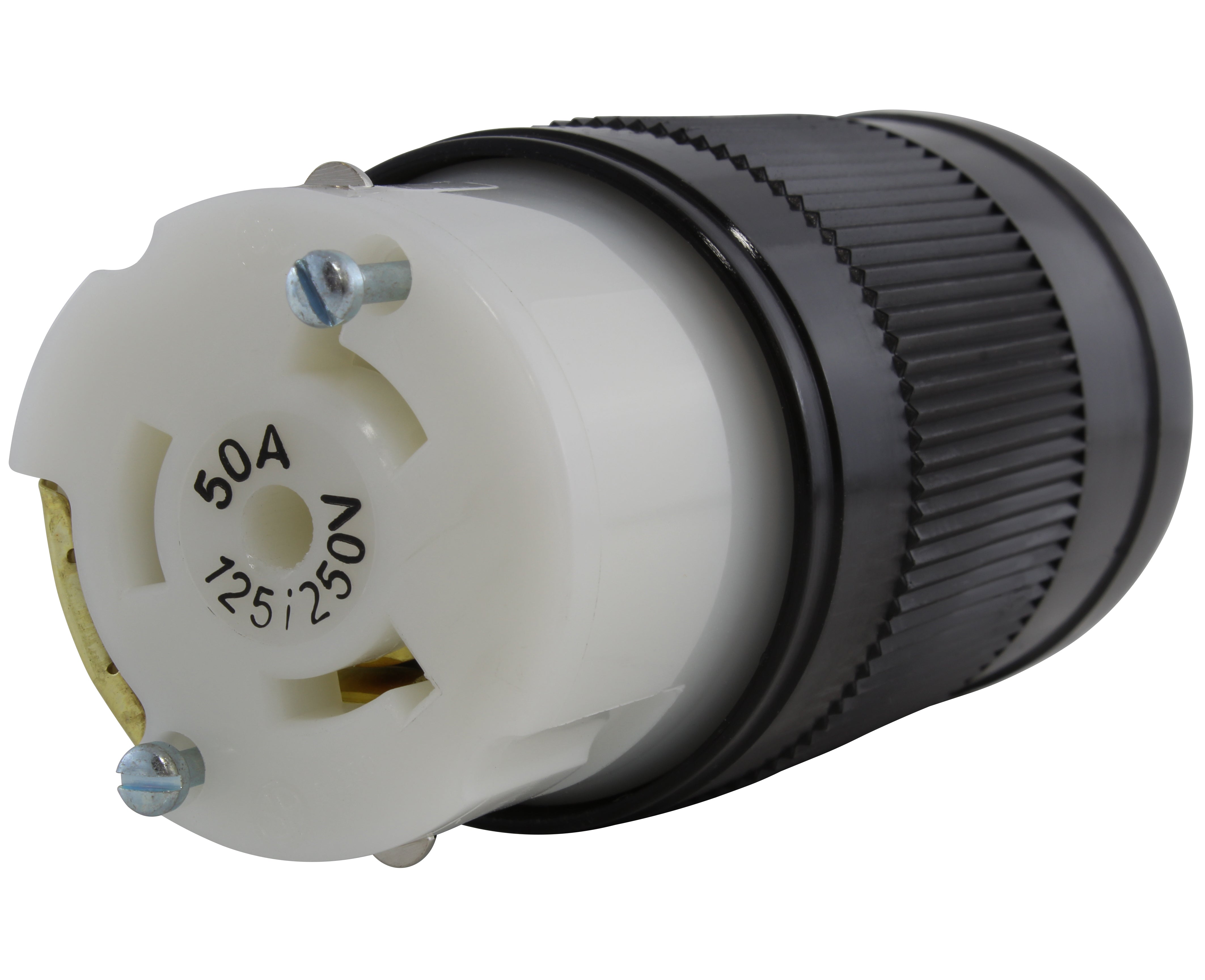
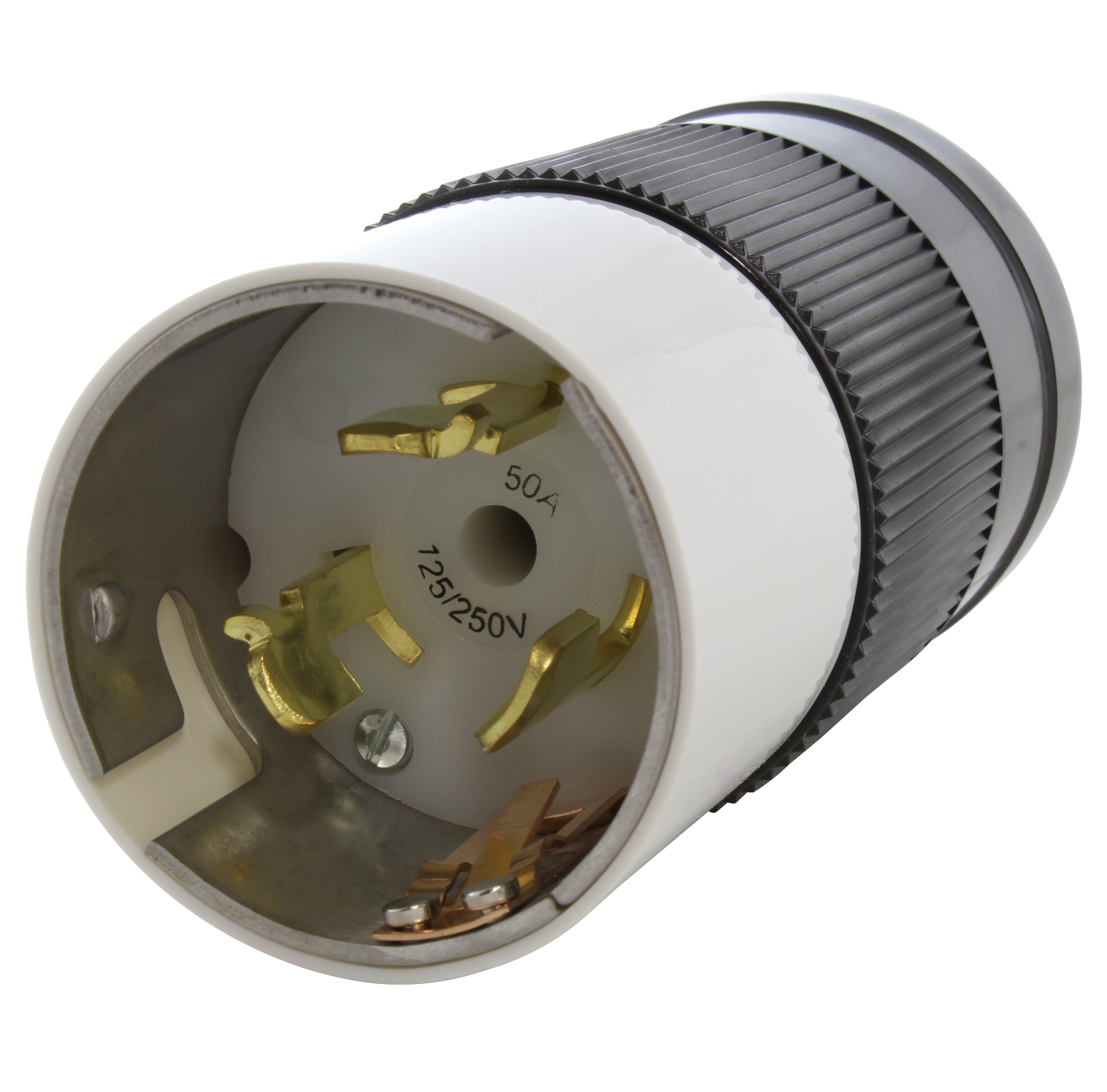
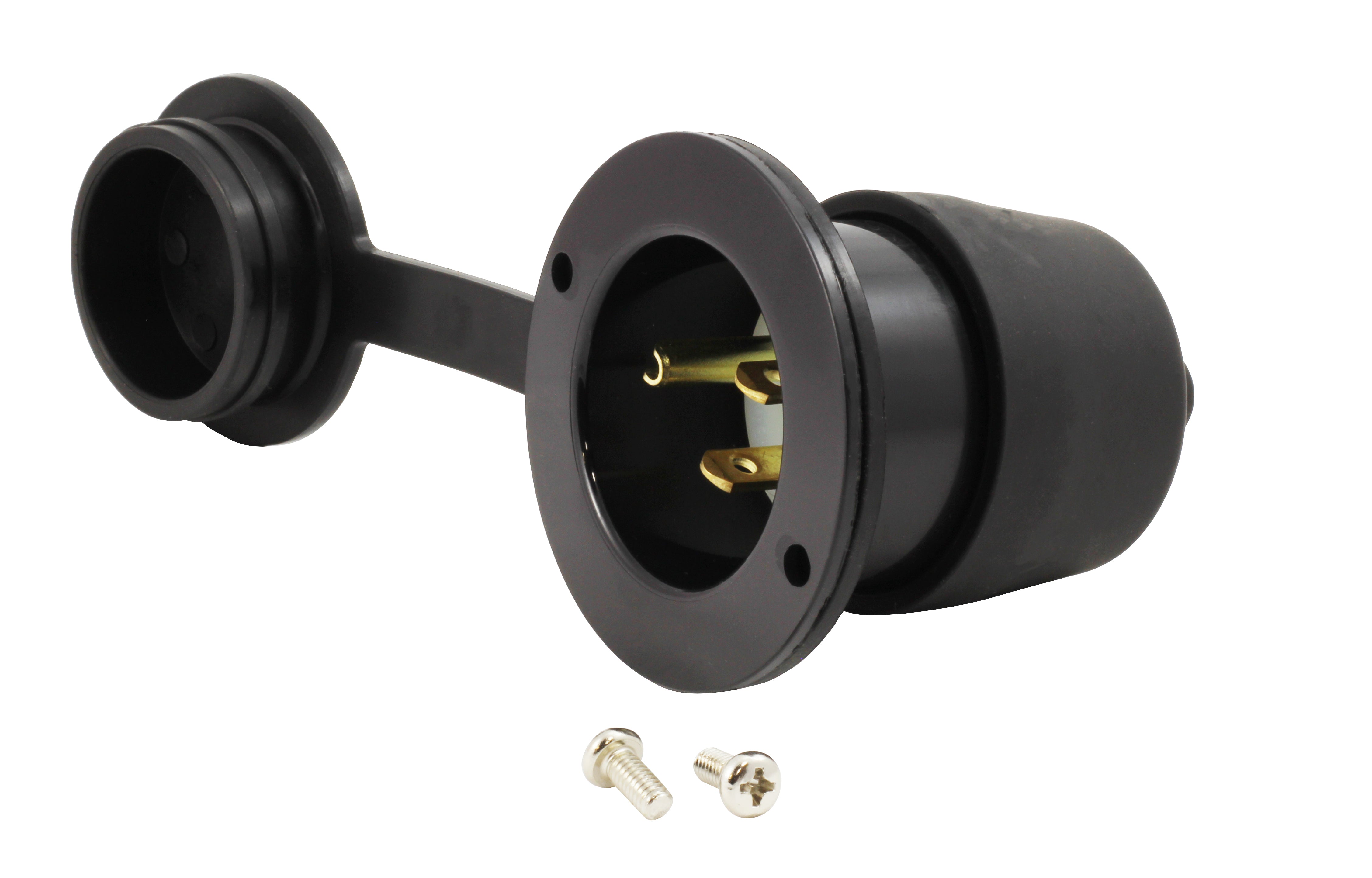
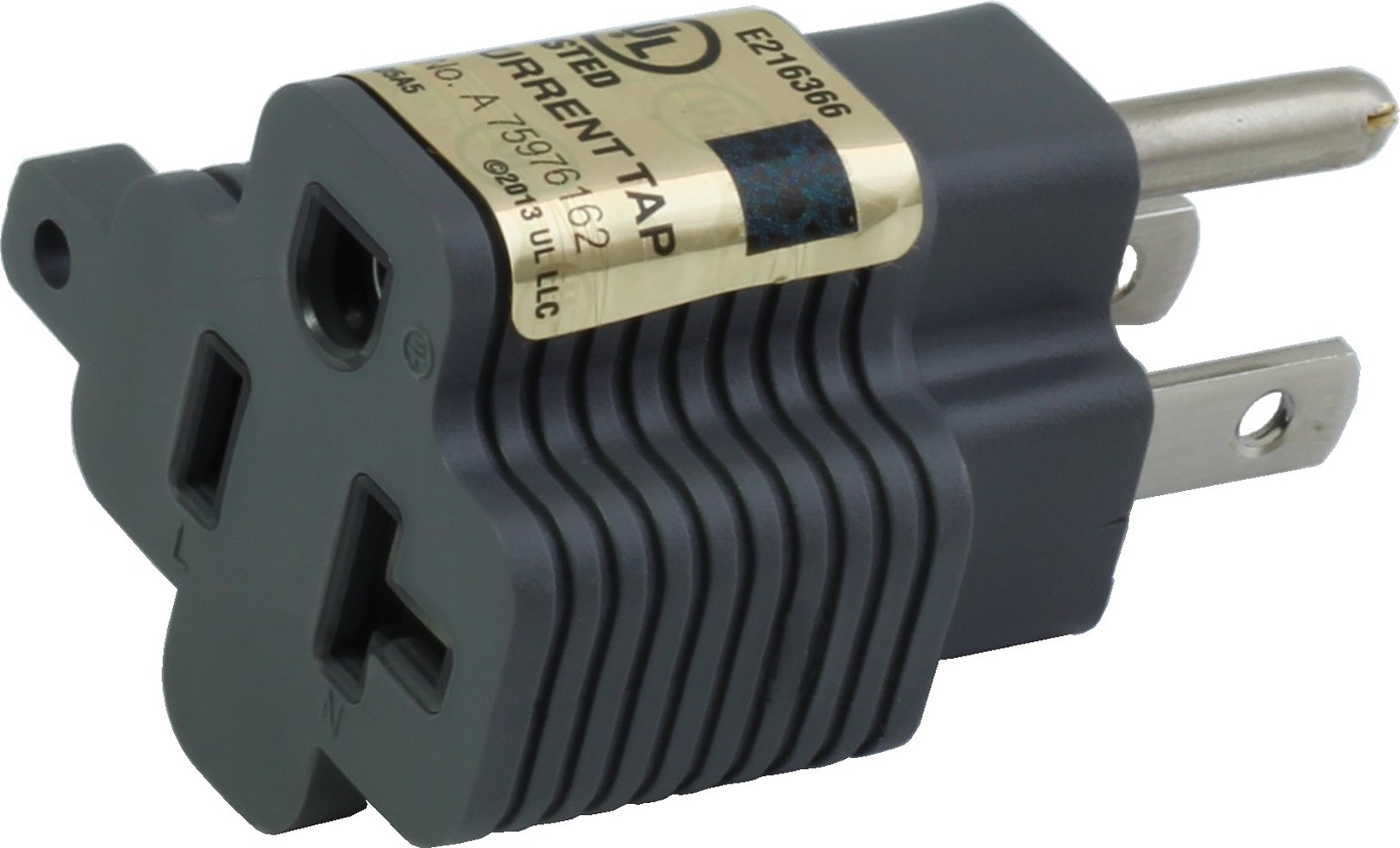
![AC WORKS® [ADV104] 3-Prong Heavy-Duty V-DUO Household Outlet Adapter](http://acworks.com/cdn/shop/products/ADV104-0.jpg?v=1605738768&width=3128)
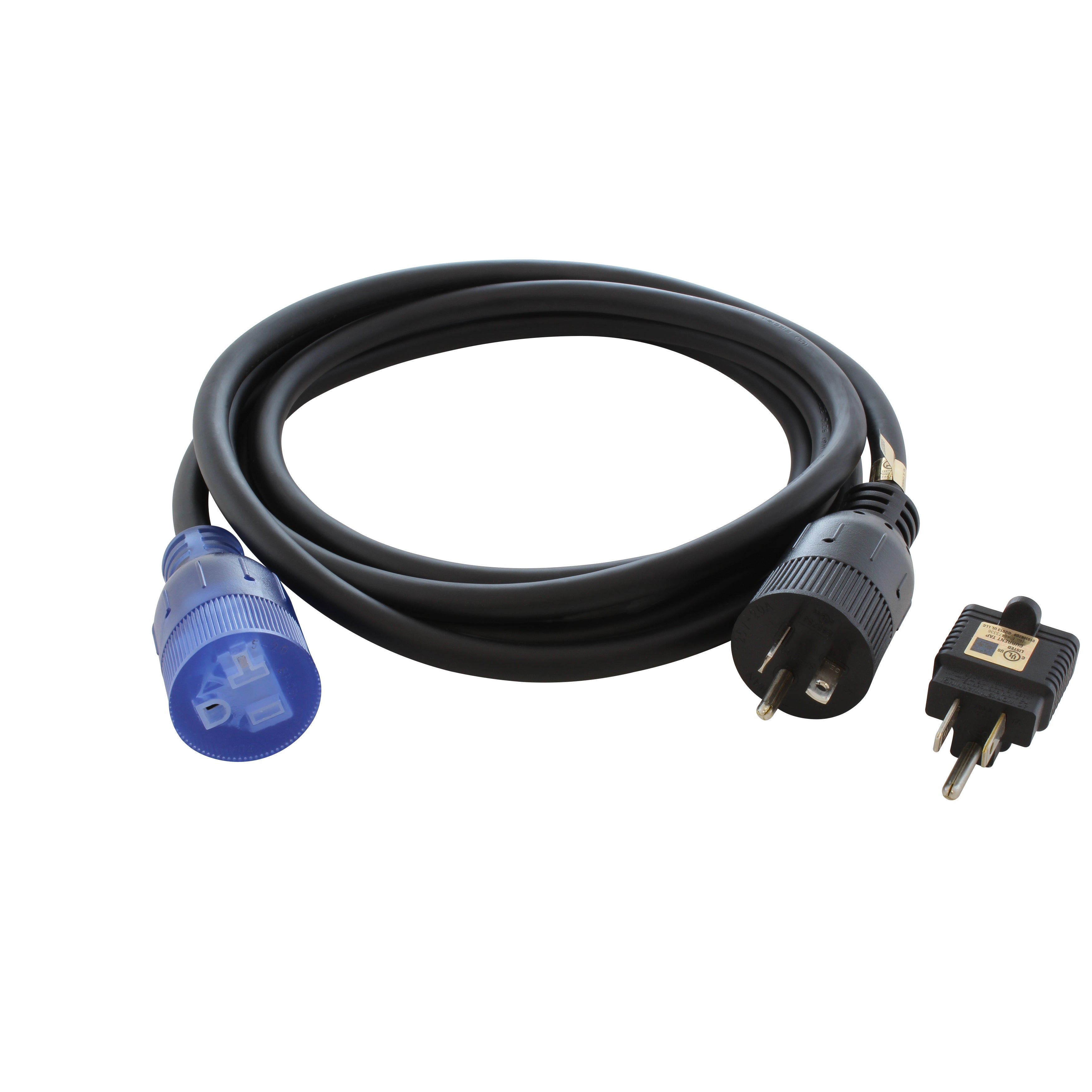
![AC WORKS® [XH515520] 15A to 15/20A 125 Volt Plug Adapter with ETL Safety Approval](http://acworks.com/cdn/shop/files/XH515520-0_daea425a-f439-48df-bb75-052167057f12.jpg?v=1729091519&width=2500)
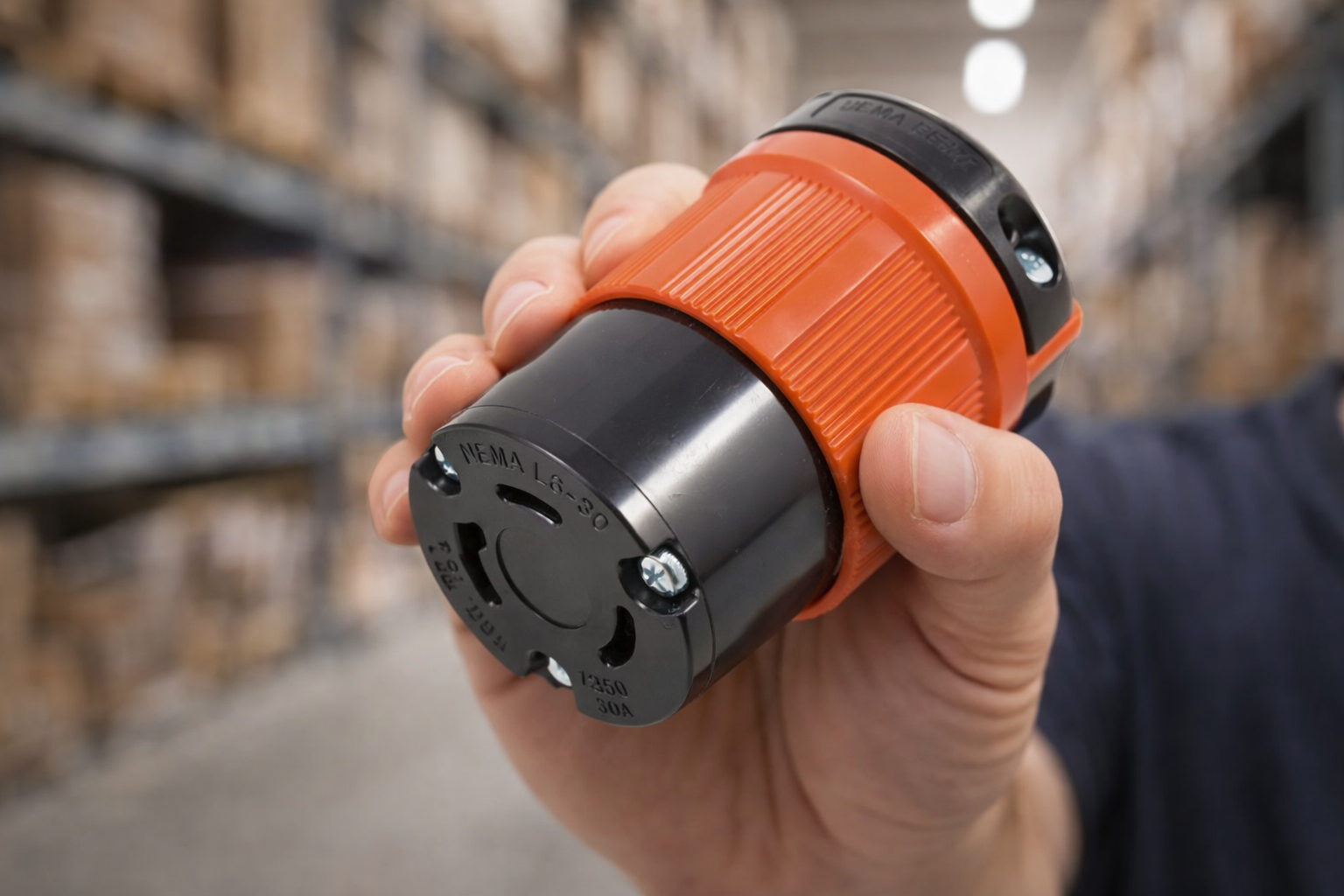
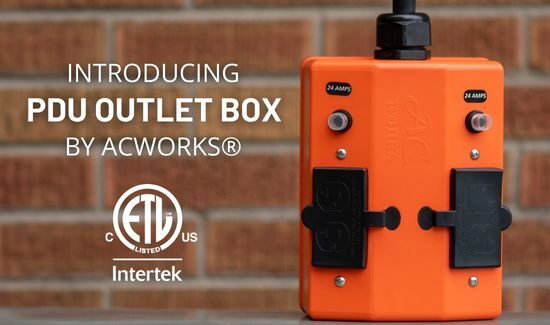

Share:
Power Distribution for Generators
Differences Between NEMA 6-50 and NEMA TT-30